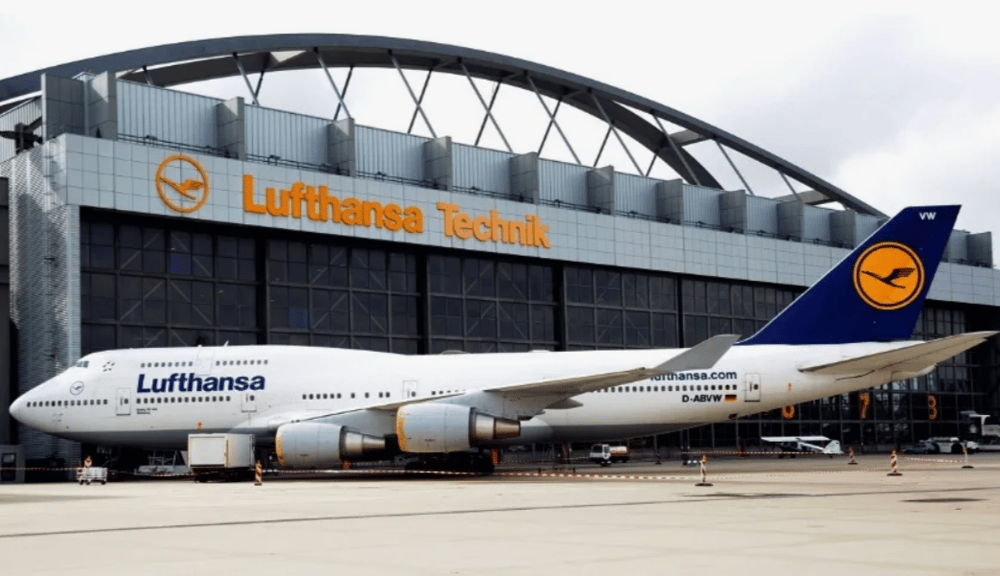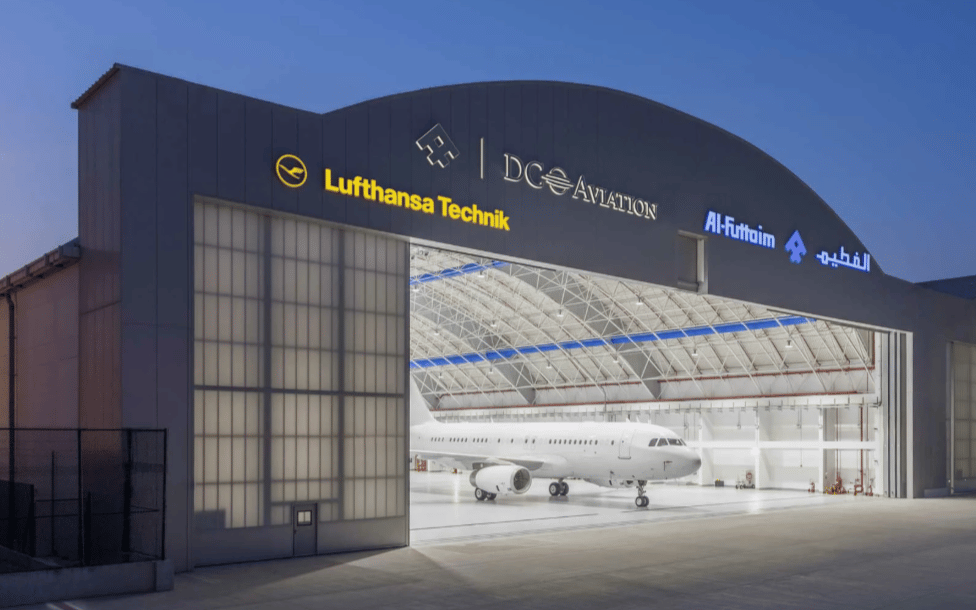

Deutsche Lufthansa AG $LHA.DE, Germany’s flagship airline, reaffirmed its financial projections for 2025 on Tuesday, signaling confidence in its operational trajectory despite growing macroeconomic and geopolitical uncertainties. The carrier, one of Europe's largest, is preparing for a pivotal summer travel period with a more upbeat tone than several of its industry peers.
The positive guidance stands out in a sector where concerns over consumer demand and regulatory risks—particularly stemming from U.S. trade policy under President Donald Trump—have prompted more cautious outlooks from competitors.
In the face of global economic headwinds, Lufthansa's management is emphasizing a disciplined approach to capacity management and cost control. The airline's readiness to capitalize on a strong summer travel season is rooted in steady forward bookings and signs of robust leisure demand across European and intercontinental routes.
However, the airline has acknowledged that it continues to monitor developments in international trade closely. Escalating tariff-related tensions, especially those affecting transatlantic routes, could weigh on demand for long-haul travel—an important revenue stream for legacy carriers like Lufthansa.
Strong Summer Demand Indicators
Early booking trends suggest a healthy appetite for travel across core European and North American markets.
Disciplined Cost Management
Lufthansa is implementing measures to offset inflationary pressures, particularly in fuel and labor.
Fleet Optimization Plans
Investments in newer, more fuel-efficient aircraft are reducing operational costs and emissions.
Diversified Route Network
A balanced mix of business and leisure destinations supports revenue resilience.
Digital and Service Enhancements
Continued investments in customer experience and digital booking platforms are aimed at improving load factors and passenger satisfaction.

US-EU Trade Tensions: Unpredictable trade policies risk dampening cross-border business travel.
Jet Fuel Price Volatility: Fluctuations in energy prices remain a persistent cost variable for airlines.
Competitive Pressure: Low-cost carriers in Europe are intensifying pricing competition on short-haul routes.
Labor Negotiations: Ongoing talks with staff unions may impact staffing flexibility and cost structures.
Global Economic Uncertainty: Slower GDP growth in key economies could suppress discretionary travel spending.
Lufthansa’s cautiously optimistic tone contrasts with the more guarded sentiment expressed by other European airlines heading into the Q1 earnings season. While the German carrier appears well-positioned to ride the seasonal travel upswing, the broader industry remains exposed to external shocks—from regulatory frictions to shifting macroeconomic conditions.
As travel resumes momentum following a multi-year recovery, Lufthansa’s firm outlook may reflect both strategic discipline and a relatively strong position within the European airline ecosystem. Still, ongoing trade uncertainties and the volatile geopolitical environment underscore the fragile balance airlines must maintain.
Dynamic financial strategies combined with tech advancements hint at a future where automation takes center stage